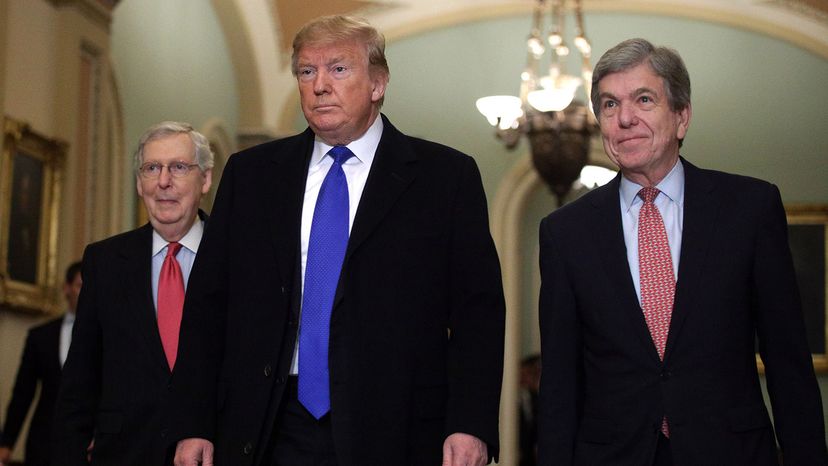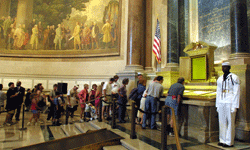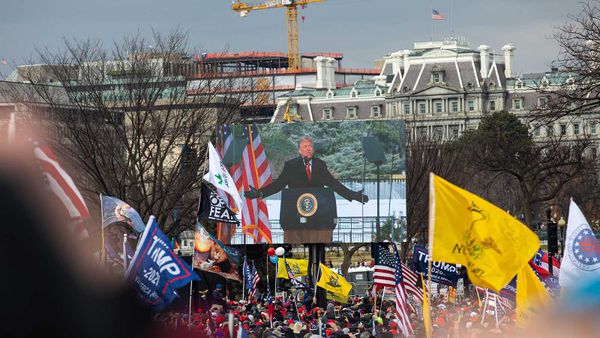Constitutional crises may seem cheap — the Teapot Dome scandal; Watergate and the impeachment hearings of President Richard Nixon; the disputed 2000 presidential election; the impeachment of President Bill Clinton; congressional blocking of a Supreme Court nominee; even Trump's appropriation of money to build a border wall all have been slapped with the term — but true crises regarding the U.S. Constitution are probably not as common as all that drama may make them seem.
"People generally use the term 'constitutional crisis' to describe periods when institutions of government are clearly in conflict. But the mere existence of conflict, even profound conflict, cannot be the definition of crisis," Levinson and Malik wrote. "Government institutions are always in conflict."
Noah Feldman, a Felix Frankfurter Professor of Law at Harvard Law School, wrote in an op-ed for The New York Times that President Trump's refusal to respond to the House impeachment satisfies the two conditions for a constitutional crisis because the Constitution doesn't spell out how to proceed when "the House tries to exercise its constitutional power of oversight to investigate the president and the president flatly rejects the House's constitutional authority."
Professor Melissa Murray of New York University law school told The Washington Post "If Congress cannot exercise its power of oversight or its power of impeachment, it essentially means the president doesn't have to answer to anyone but the political process, which only comes around every four years. And that essentially makes the president a king."
Whatever it is — whether it's Washington as usual, impeachment, threats of the 25th Amendment, or a disagreement that endangers the very document that upholds our democracy — the drama never ceases. That's American politics.



